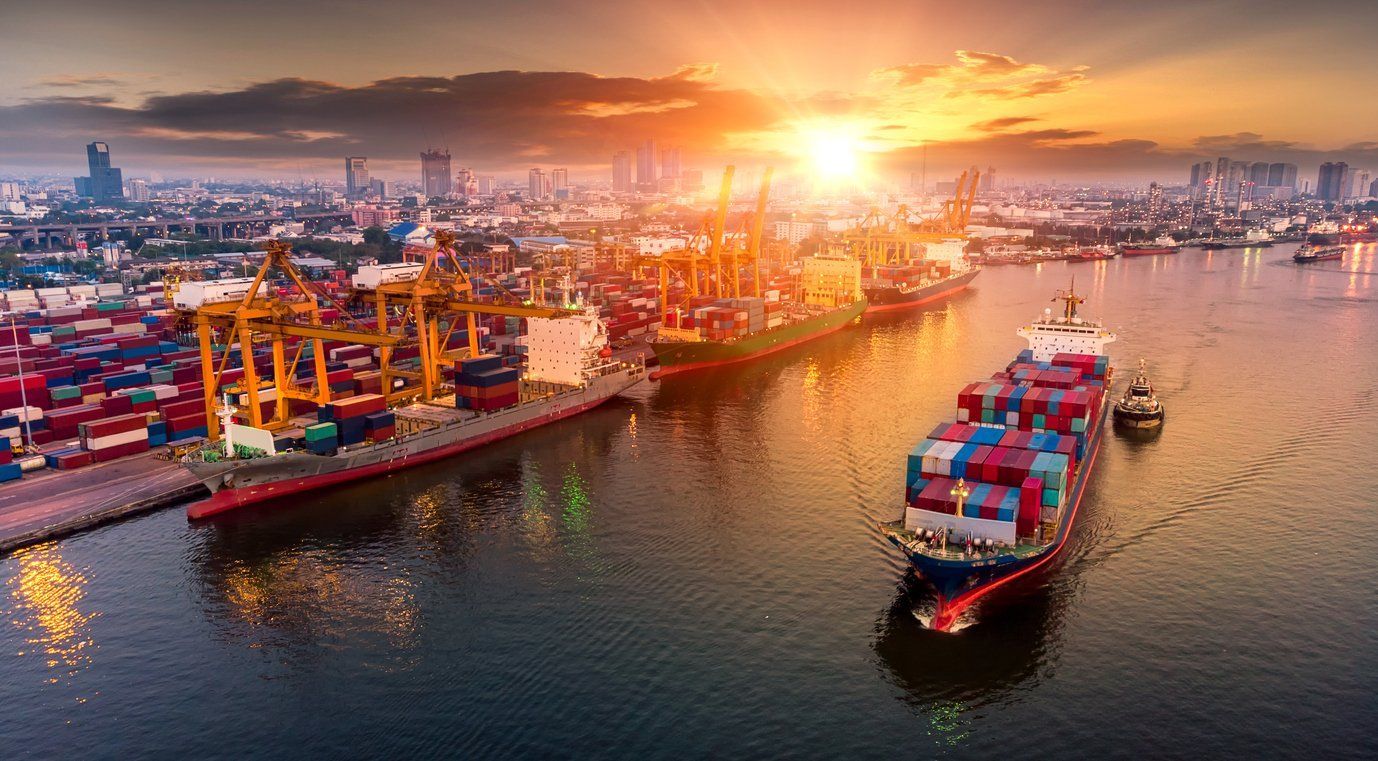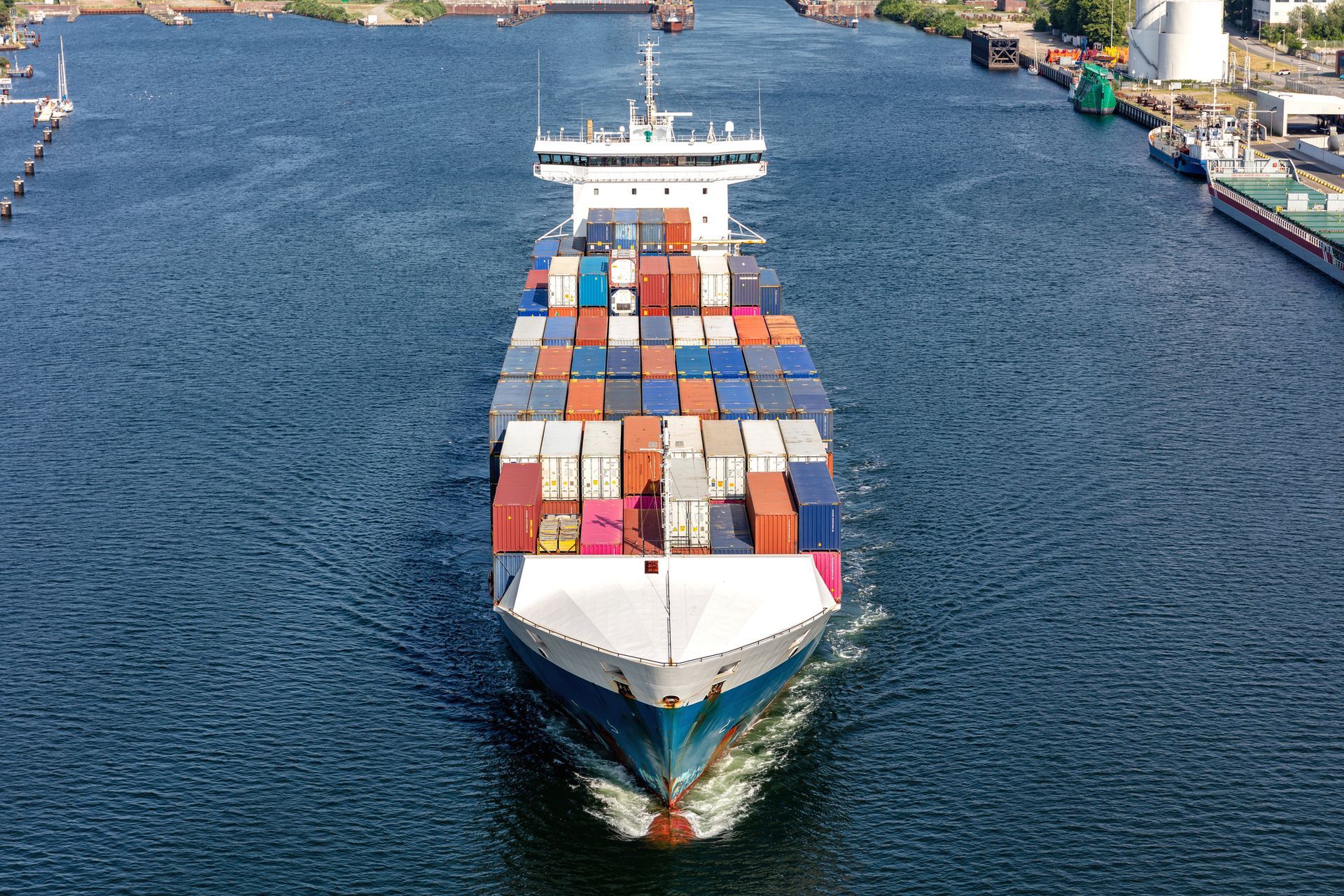
International trade is full of opportunities but also fraught with regulatory and operational challenges. In this context, the customs broker emerges as an essential figure, mediating and simplifying customs processes for companies involved in imports or exports.
Understanding the role of this professional is crucial for anyone looking to operate efficiently and in compliance with regulations.
What Is a Customs Broker?
A customs broker is a professional authorized by the Federal Revenue Service, whose primary role is to represent companies before customs authorities, regulatory agencies, and other stakeholders in international trade.
They act as a bridge between companies and customs authorities, ensuring compliance with all legal and bureaucratic requirements for clearing goods.
In addition to preparing and signing fiscal documents, such as import declarations (DI or the newer DUIMP) and export declarations (DU-E), the broker analyzes product tariff classifications, calculates taxes and duties, and advises on customs and tax procedures. This ensures smooth operations and compliance.
What Does a Customs Broker Do?
The tasks performed by a customs broker require in-depth knowledge across various disciplines, including logistics, mathematics, geometry, accounting, economics, and law.
The scope of their responsibilities explains why a university degree alone is insufficient to train someone for the profession.
The Federal Revenue’s IN/RFB No. 1,209 of November 7, 2011, Chapter I, Article 2, outlines the following activities assigned to customs brokers:
- Receiving cleared goods;
- Handling documents related to customs clearance, including their preparation, submission, tracking, and presentation;
- Receiving and acknowledging procedural actions related to customs clearance, such as summonses, notifications, infraction notices, and rulings;
- Signing documents related to customs clearance, including terms of responsibility;
- Monitoring the verification of goods during customs inspections, including supervising the collection of samples for technical analysis and examination;
- Requesting and overseeing customs inspections or declaring their waiver.
The same regulation allows the Federal Revenue Service to assign other activities related to goods to customs brokers as deemed necessary.
The Qualifications Required for a Customs Broker
If we consider what a customs broker needs to master, it would include the curriculum of at least five different academic degrees. These are tailored specifically to meet the demands of the field. Even so, it is a profession requiring both theoretical and practical interdisciplinary skills.
Given the profession's responsibility and complexity, passing a qualification exam is mandatory to become a customs broker.
This exam is held annually and is similar to public service entrance exams.
However, only those who have worked as customs broker assistants for at least two years with the Federal Revenue Service can register as brokers. Although the minimum educational requirement is a high school diploma, the practical experience and expertise needed make it a highly specialized field.
Not Everything a Customs Broker Does Can Be Done by Their Assistant
Working as a customs broker assistant is a decisive step toward becoming a broker. Although they work under the supervision of a certified professional, their responsibilities are also legally limited.
Certain high-responsibility tasks are reserved exclusively for customs brokers. However, assistants are authorized to:
- Manage documents related to customs clearance, from preparation to submission;
- Monitor goods during customs inspections;
- Receive cleared goods;
- Request customs inspections.
While they can assist in collecting samples for technical analysis or examinations, they cannot perform this task as a principal professional.
Where Do Customs Brokers Work?
From what we've discussed so far about customs brokers and the profession’s importance, it’s clear that this work is primarily envisioned as independent, akin to other liberal professions. However, customs brokers can also work in various contexts, such as:
- Customs brokerage firms;
- Importing and/or exporting industries and companies;
- Consulting and/or logistics companies.
Experienced customs brokers, in particular, are highly valued as consultants, even by other professionals, due to their expertise in international logistics, tax systems, pricing structures, and other relevant areas for export and import activities, from administrative to operational.
Key Laws Regulating the Customs Broker Profession
The regulations governing the profession provide detailed information about a customs broker's role, required qualifications, assistant responsibilities, and other precise details about the trade. The main laws include:
- IN RFB No. 1,209 of November 7, 2011
This is the central regulation that establishes the requirements and procedures for the customs broker and assistant roles. - IN RFB No. 1,273 of June 6, 2012
Establishes the digital registry for customs brokers and assistants, as well as the computerized customs registry for stakeholders in international trade. - ADE Coana No. 16 of June 8, 2012, and Subsequent Amendments
Covers procedures for registering brokers and assistants in the digital system, later amended by ADEs No. 38 of December 11, 2012; No. 27 of September 17, 2013; and No. 3 of May 15, 2019.
However, these regulations are just the tip of the iceberg when it comes to the legal knowledge required to be a competent customs broker. They must understand both mandatory laws and international standards and conventions.
A good example here is Incoterms, which establish rules and guidelines for international trade. While not mandatory, their use is nearly universal among countries worldwide.
The Importance of Customs Brokers in the Logistics Chain
Customs brokers are essential to ensuring the logistics chain operates efficiently and without disruptions. Their specialized knowledge of customs legislation and regulations allows companies to save time and resources by avoiding errors in customs procedures.
They also facilitate access to special regimes, such as Drawback and Temporary Admission, which can provide significant tax benefits to companies.
In recent years, technological advancements and the digitalization of customs processes have required these professionals to adapt. The modern customs broker, or “Customs Broker 4.0,” uses systems like Siscomex and management tools to offer faster and more strategic solutions.
This transforms them into customs consultants, helping clients navigate the complexities of international trade.
Do You Need a Customs Broker?
Companies involved in international trade, regardless of size, benefit from hiring a customs broker. The complexity of import and export operations, combined with constantly changing regulations, makes this professional’s support indispensable.
Whether to avoid delays and penalties or optimize costs, having a customs broker ensures secure and efficient operations. Additionally, in some countries, such as Portugal, the presence of a broker is mandatory for certain procedures, reinforcing their global relevance.
How to Hire a Qualified Customs Broker
To choose the right professional, it’s essential to verify their credentials and experience. Ensure they are registered with Siscomex and the Federal Revenue Service, and seek references from other clients. It’s also advisable to evaluate their use of technology and systems, which can indicate greater operational efficiency.
A customs broker is more than just an intermediary; they are a strategic partner for the success of international trade operations. Their role extends beyond meeting bureaucratic requirements, contributing to the logistical and financial planning of companies.
For those looking to engage in international trade, investing in a customs broker is a decision that yields tangible and lasting benefits.
Continue a navegar no blog da Allink

Mantenha-se informado sobre o comércio exterior
Assine nossa newsletter e receba atualizações semanais de forma gratuita sobre o mundo da logística.




